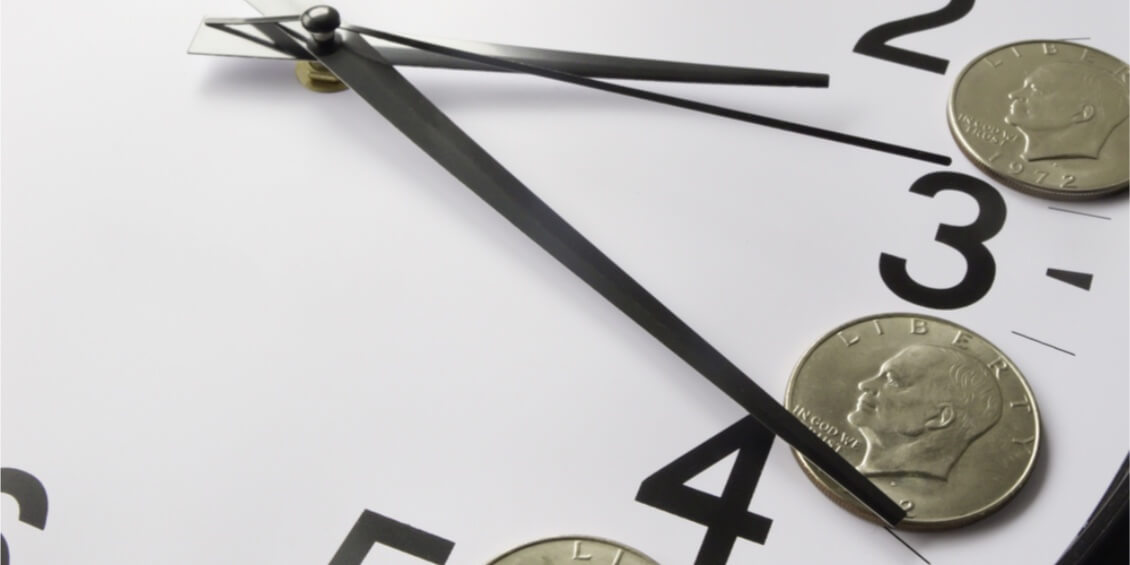It’s the year 1970, you walk into the shops to buy a loaf of bread costing you 15 cents. Now fast-forward to 2020, you’re at your local supermarket picking up another loaf of bread, you take a look at the cost and it’s no longer 15 cents - it’s now $2.50.
Why did the cost of a loaf of bread rise so much in 50 years and who’s responsible? Inflation, mostly.
In the future, bread prices will continue to rise. How much will this loaf of bread be in say, 10, 15, or 30 years from now? More importantly, how should you take these price increases into account when planning for retirement?
Inflation and why it exists
Inflation is the rise in average prices in the economy. It results in a decline in your purchasing power, meaning $1 in the future is worth less than $1 today. For example, if bread prices continue to rise, you can buy a whole loaf of bread for $2.50 today; however, in 30 years time, $2.50 might only get you half a loaf of bread.
Since 2000, New Zealand’s inflation has averaged around 2.15% per year.
There are a few reasons why prices increase. It may be because there is too much money available in the economy to purchase too little goods and services. Moreover, businesses are able to charge higher prices for goods or services if there is more demand for goods than there is supply of them. On the other hand, price increases can also occur when there are shortages of labour or materials.
What inflation means for your retirement
So what does inflation have to do with KiwiSaver and your retirement planning?
Inflation will have the effect of diminishing the real value of your retirement savings and investments. Your retirement planning should take into account the impacts of inflation which reduces the value of the expected returns from your KiwiSaver account.
Rising inflation means that your retirement savings will be worth less by the time you have retired. Let's say you currently have a $30,000 balance in your KiwiSaver growth fund with expected annual returns of 6%. For simplicity, let's assume you don’t make any new contributions. In 10 years, your $30,000 will become $53,700. In 15 years, your balance becomes $71,900. And in 30 years, your balance will become $172,300.
Your expected KiwiSaver balances and returns look great! However, in the calculations above, we have not taken into account the impacts of inflation and the fact that by the time you retire and are able to access your KiwiSaver account, general prices of goods in the economy will have increased.
Assume that there is consistent annual inflation of 2.15%. In 10 years, the ‘real’ value of your KiwiSaver account in today’s dollars is $43,400. In 15 years, it will be $52,300. And in 30 years, it is $91,000.
The important point is that after you have taken inflation into account, the value of your retirement savings will be lower. When investing in KiwiSaver, inflation is just one of the many other factors that should be considered when planning a KiwiSaver strategy.
How do I ensure I have enough money in my KiwiSaver despite inflation?
The first step is running the numbers. You need to ensure you calculate correctly what the lifestyle you want now will cost you in the future. At National Capital, we take inflation and other aspects into consideration when calculating what our clients will need in retirement - which is essentially your retirement goal.
National Capital’s professional financial advisors then take into account that goal, your current financial situation and the expected returns from different types of KiwiSaver funds to formulate a KiwiSaver investment strategy personalised for you. We offer free personalised KiwiSaver advice in our mission to help a million Kiwis become financially secure.
Take the first step by completing our KiwiSaver HealthCheck.



